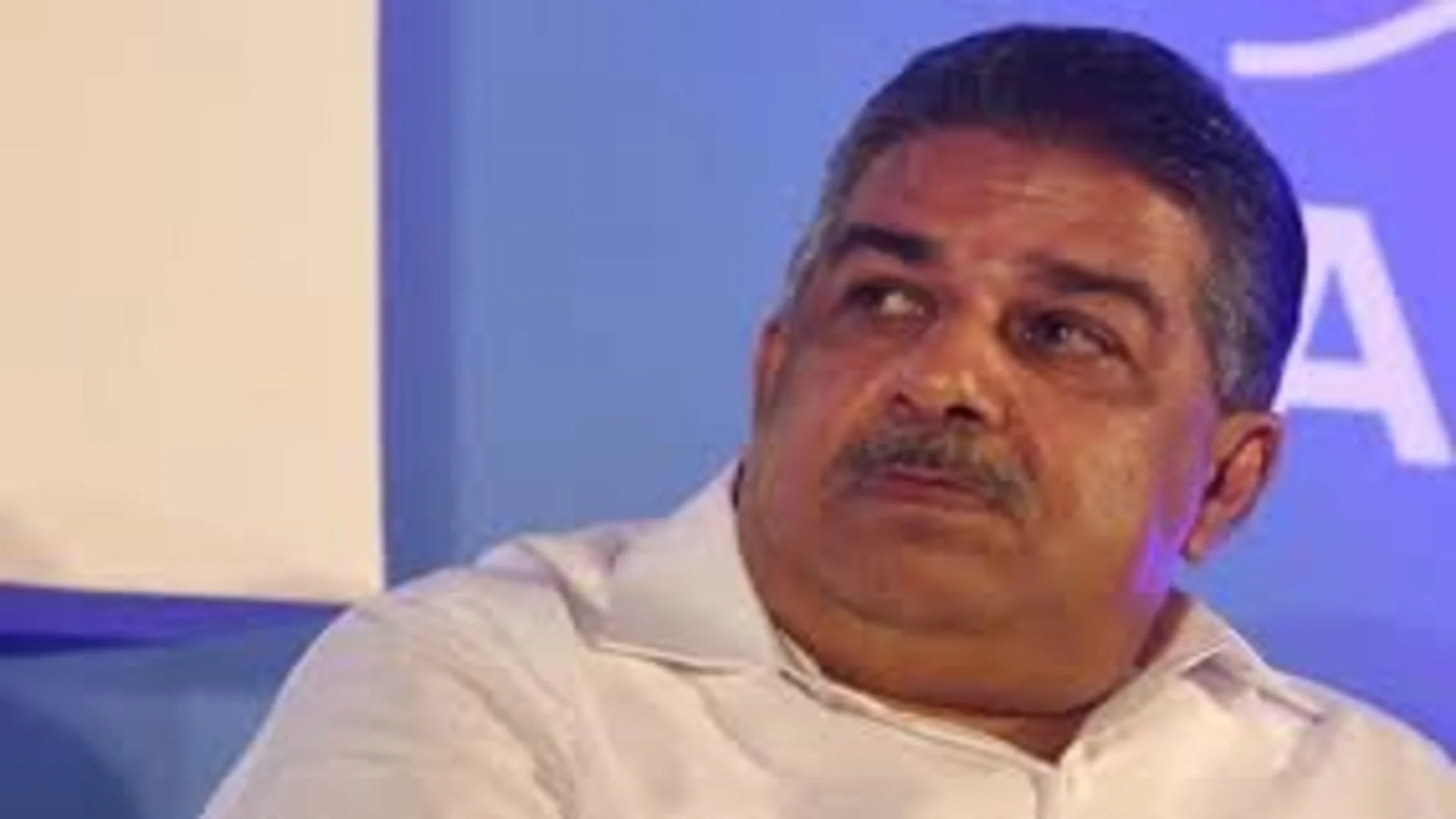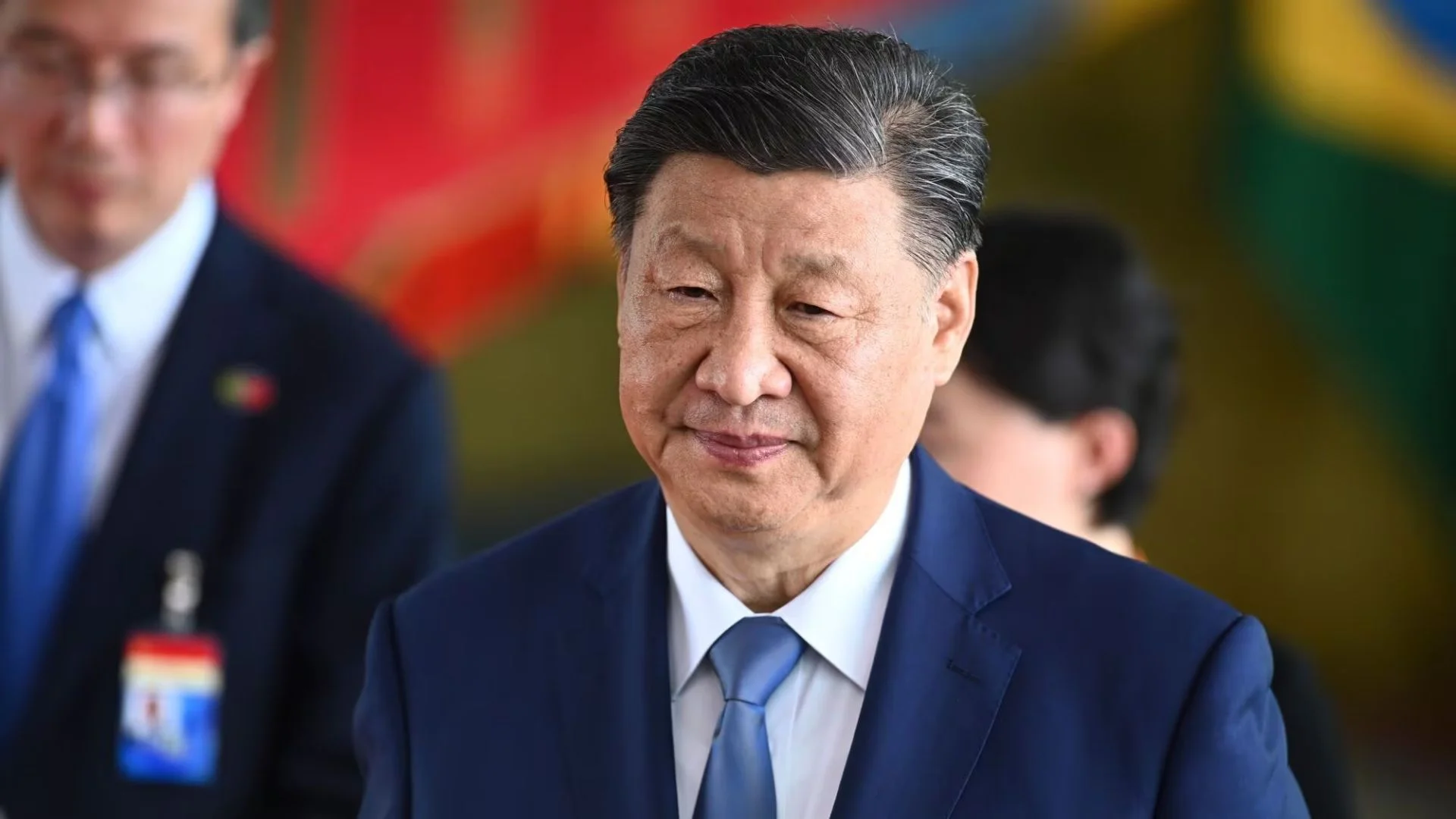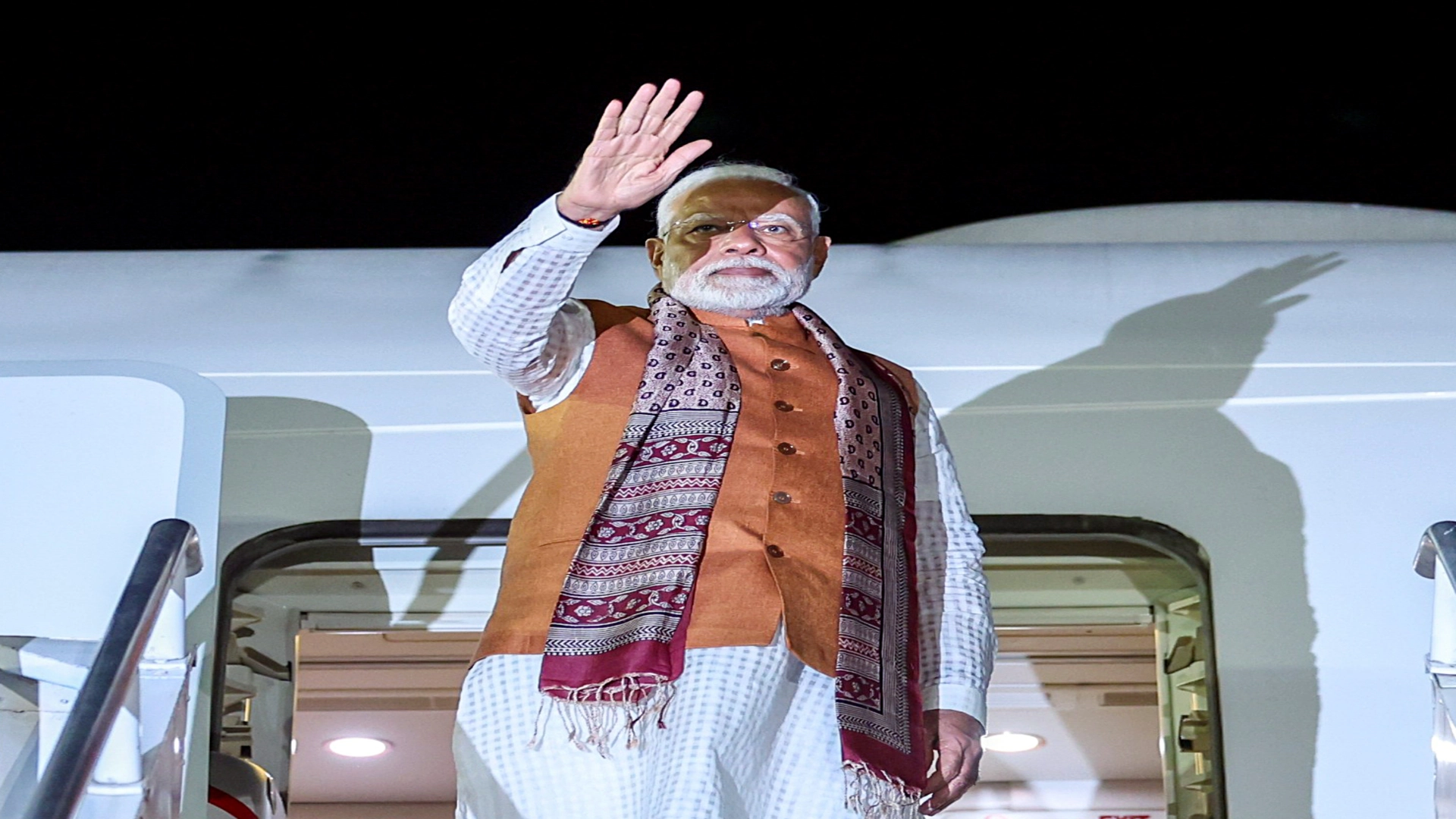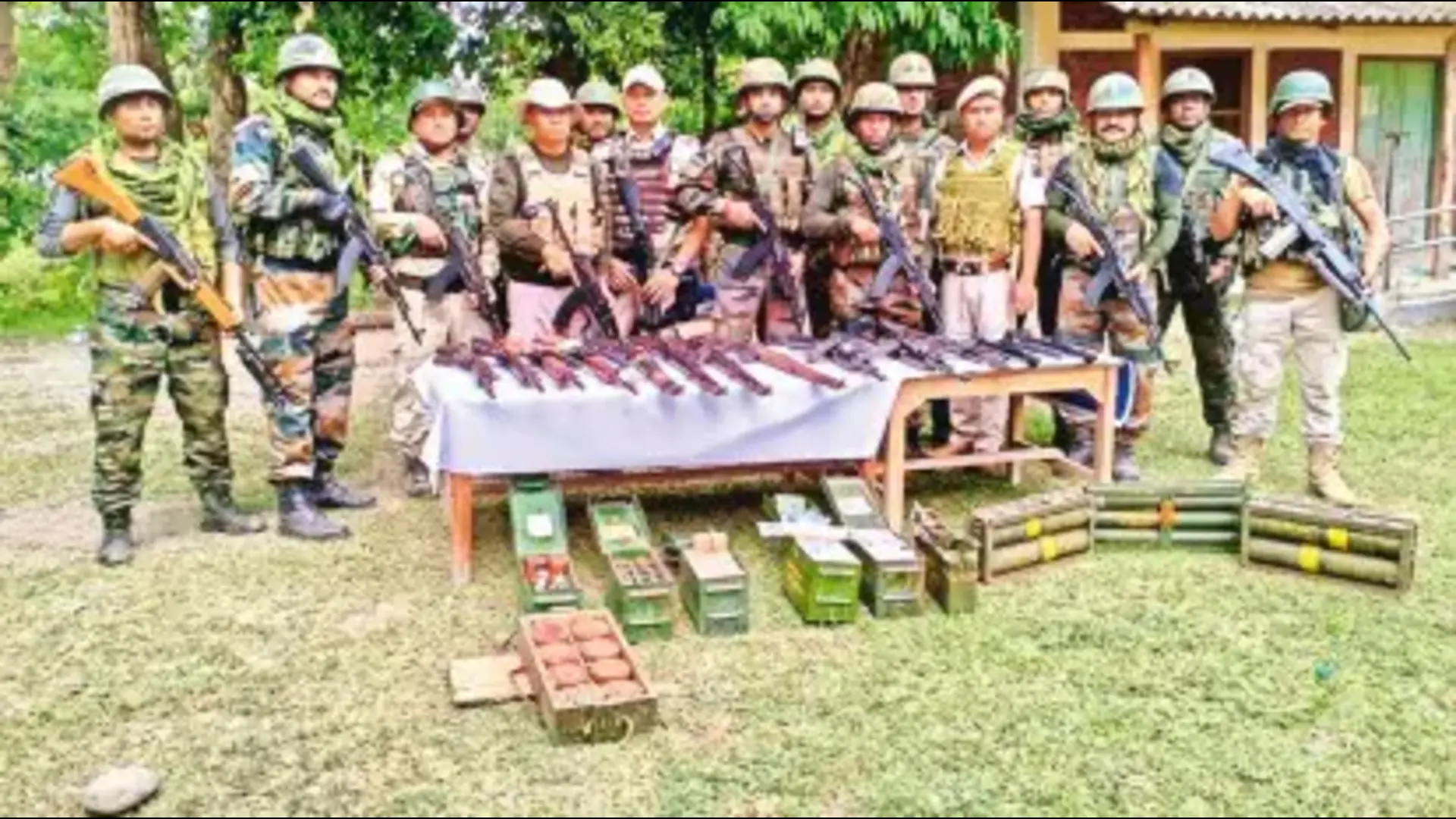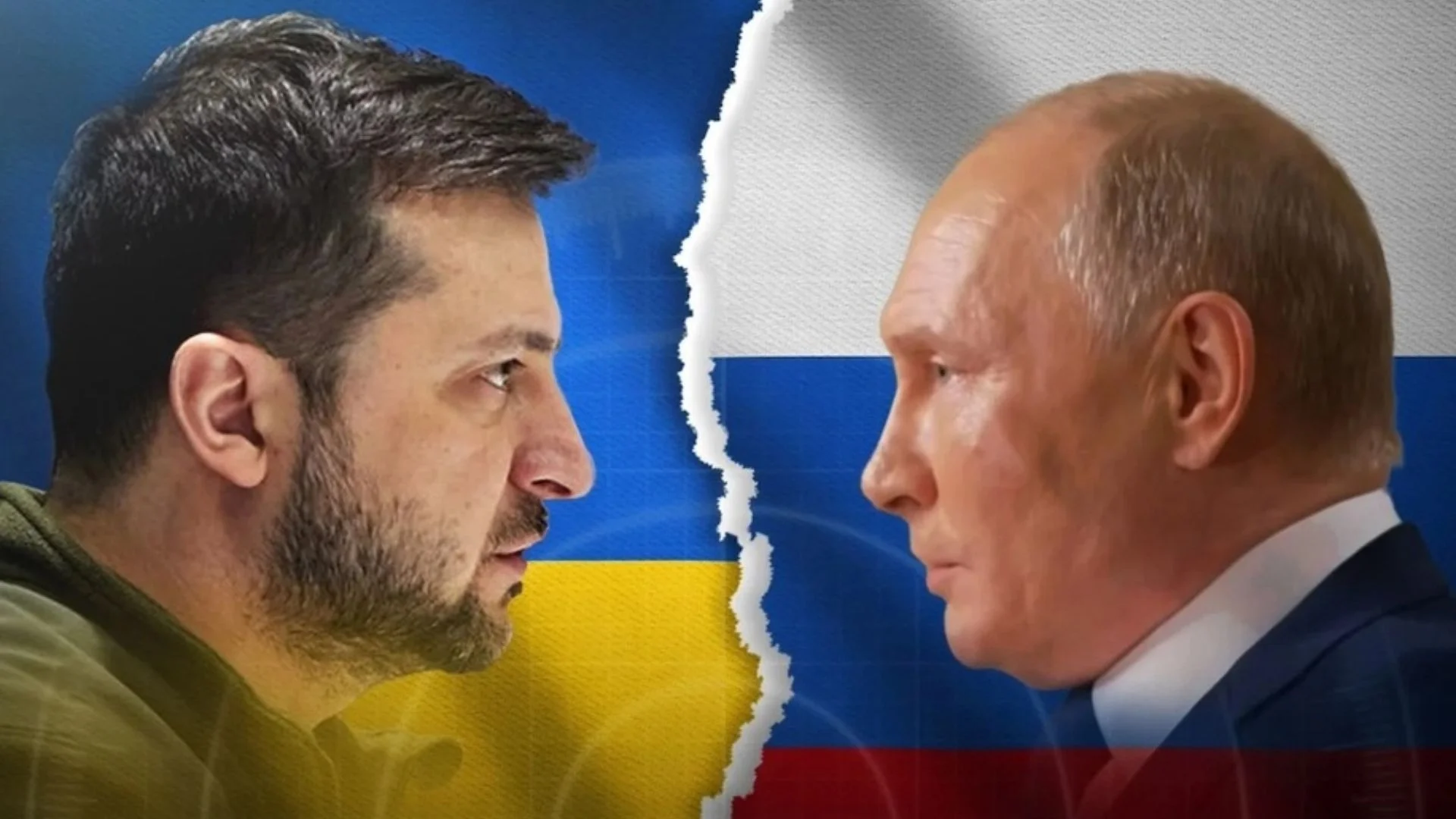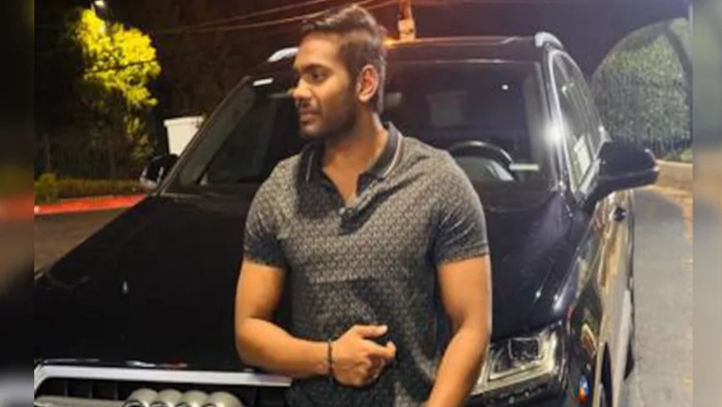
Under pressure, Canada has officially refuted media reports that attempted to connect the killing of Hardeep Singh Nijjar, an NIA-designated terrorist, to Indian Prime Minister Narendra Modi, External Affairs Minister S. Jaishankar, and National Security Advisor (NSA) Ajit Doval.
In a statement from the Privy Council Office, Nathalie G. Drouin, Deputy Clerk of the Privy Council and National Security and Intelligence Advisor to the Canadian Prime Minister, clarified, “The Government of Canada has not stated, nor is it aware of evidence, linking Prime Minister Modi, Minister Jaishankar, or NSA Doval to the serious criminal activity within Canada.” She emphasized that any such suggestions are “speculative and inaccurate.”
This response follows a report by the Globe and Mail that India had strongly criticized. On November 20, the Indian Ministry of External Affairs dismissed the allegations as a “smear campaign,” stating that such reports should be met with “the contempt they deserve.” The ministry noted that these narratives only worsen already strained ties between the two nations.
The Nijjar case has been a point of contention in India-Canada relations. Canadian Prime Minister Justin Trudeau previously claimed to have “credible allegations” of India’s involvement in Nijjar’s killing, a charge India has repeatedly denied as “absurd” and “motivated.”
India has also expressed concerns over what it calls a growing culture of extremism, violence, and anti-India activities in Canada. Meanwhile, Canada has faced criticism from India for allegedly providing space to such elements.
The strained relations escalated further when Canada declared six Indian diplomats “persons of interest” in its investigation into Nijjar’s killing, prompting India to recall them. Nijjar was killed on June 18, 2022, outside a Gurdwara in Surrey, British Columbia.
